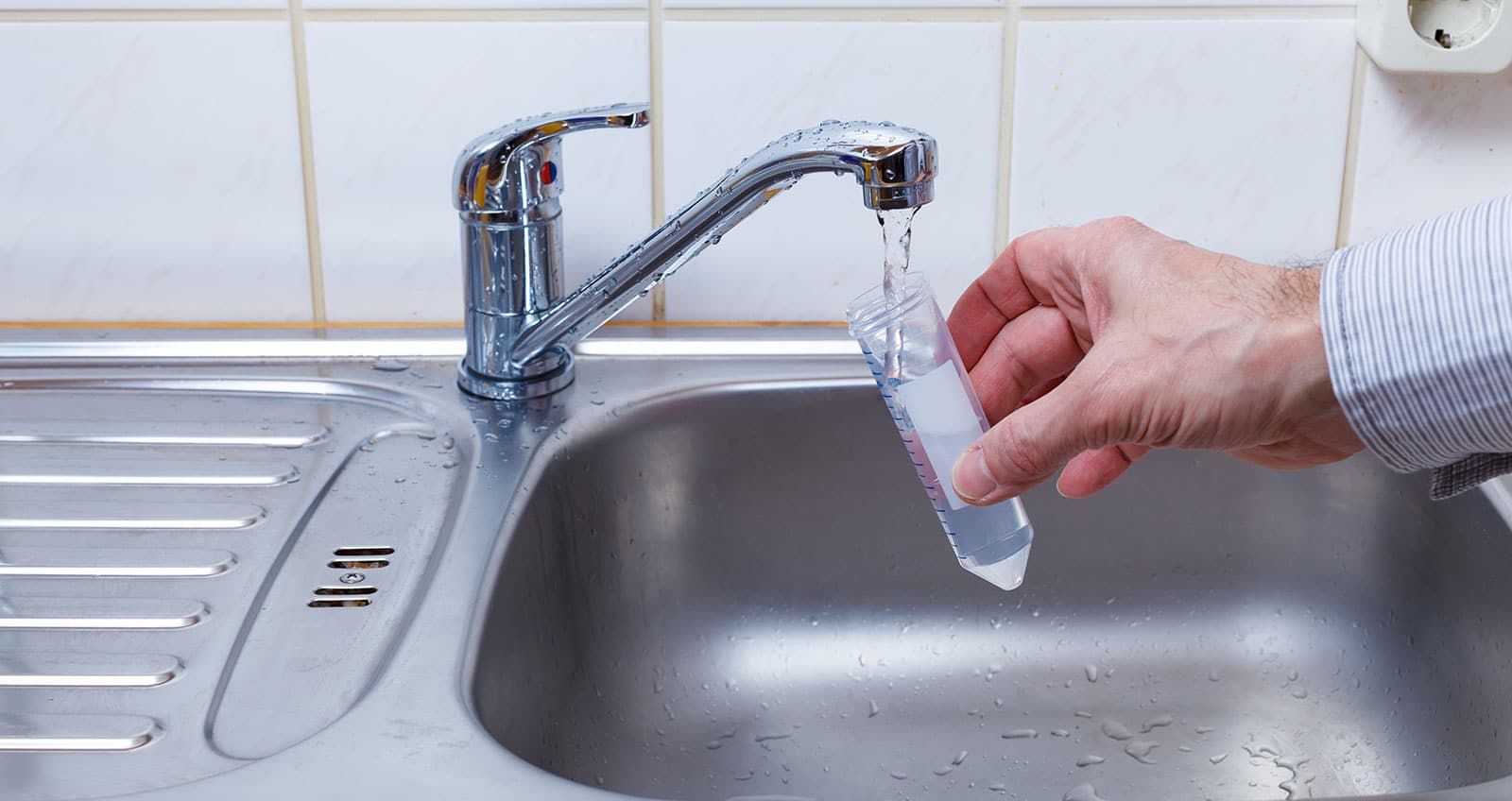Whether your home relies on city water or a private well, water quality can be affected by a number of local and in-home factors. Public water systems are monitored under state and federal regulations, but that doesn’t always guarantee the water at your tap is free from issues. Aging plumbing, outdated infrastructure, or nearby contamination sources can still pose health risks—even with treated municipal water.
Before Buying a Home with a Private Well:
If you’re purchasing a property that draws water from a private well, testing should be a top priority—ideally before closing. This ensures the water is free from bacteria, nitrates, heavy metals, and other potential contaminants.
If You Suspect Plumbing-Related Contamination:
Older homes in Indianapolis and surrounding cities may have outdated pipes or fixtures that contribute to lead, copper, or other metals leaching into drinking water. Water testing helps confirm whether your plumbing is impacting your water quality.
When There’s a Known Source of Nearby Pollution:
Homes located near farms, industrial areas, gas stations, or landfills may be at higher risk of groundwater contamination. Routine testing can help identify problems early and prevent long-term exposure.
As a Routine Safety Measure:
Even with public water, periodic testing offers peace of mind—especially if you’ve noticed changes in taste, color, or odor.


Not all water quality issues are immediately dangerous—but many can impact your home, your health, or your daily routine. Whether your water looks unusual or you’re concerned about your plumbing system, professional testing can help uncover what’s really in your water and guide the right solution.
Cloudy, Discolored, or Strange-Looking Water
If your tap water appears cloudy, tinted, or foamy—especially when there’s no known utility activity in your area like hydrant flushing—it may be a sign of sediment, organic material, or chemical imbalance. Testing can help identify the source and determine whether action is needed.
Hard Water Buildup
Hard water doesn’t always look different, but it often leaves behind chalky residue, soap scum, or scale buildup on plumbing fixtures and appliances. Water testing can measure mineral content like calcium and magnesium and determine if a water softener is appropriate—and which type is most effective for your situation.
f your home was built before 1986, there’s a possibility that your plumbing system includes lead pipes or lead-based solder. Even homes built after that date may still have small traces of lead in plumbing fixtures. Water testing can detect the presence of lead, as well as other water chemistry factors—like pH and corrosivity—that influence how much lead may leach into your drinking water.
Whether you’re noticing changes in your water or just want peace of mind, our certified testing services throughout Indianapolis and surrounding communities provide the clarity you need to make informed decisions.
Whether your water looks unusual, tastes off, or you simply want to ensure your home’s plumbing isn’t affecting your health, we’re here to help. Our certified water testing services provide fast, reliable answers—so you can take action with confidence.
Schedule your water test today and get peace of mind about the water your family uses every day.